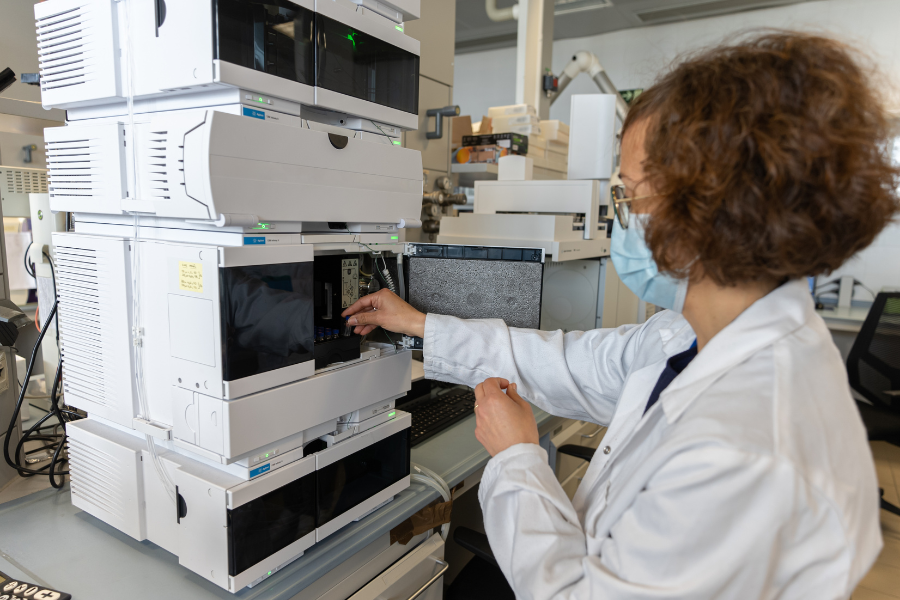IMDEA Energy researchers design a method to measure microbial oils with a multitude of industrial applications
Oleochemicals are chemical compounds derived from lipids that can be used as feedstock and platform molecules in a wide variety of industries. In the transportation sector, for example, biodiesel produced from lipids could replace diesel fuel.
In addition to fuels, fatty acids and their derivatives have a wide range of applications and can be used as precursors for agricultural chemicals such as pesticides, compounds for nutritional and pharmaceutical purposes and other products such as flavorings, detergents, lubricants, solvents or plasticizers, etc.
Green alternatives for the chemical industry
However, the use of vegetable oils is not sufficient to meet the market’s growing demand for oleochemicals. In this context, microbial oils are presented as “green” alternatives in order to expand the availability of oleaginous sources for the chemical industry.
IMDEA Energy’s Biotechnological Processes Unit is working on the production of microbial oils using oleaginous yeasts from organic residues. Current methods to measure these lipids in yeasts are tedious and have low reproducibility, which makes the comparison of results between laboratories very difficult.
In this context, researchers from the Biotechnological Processes Unit of the institute in collaboration with researchers from the Photoactivated Processes Unit have developed a rapid and accurate fluorimetric method for the quantification of yeast lipids. The results highlight the need to use fluorescence quantum yield to estimate intracellular lipids, which is currently not the common trend in this type of studies.
The results of this research have been recently published in the journal Biotechnology for Biofuels and Bioproducts, a world reference in the field of Bioproducts and Biofuels production.
More information: https://doi.org/10.1186/s13068-022-02135-9



